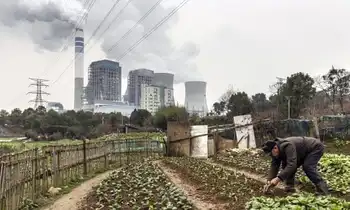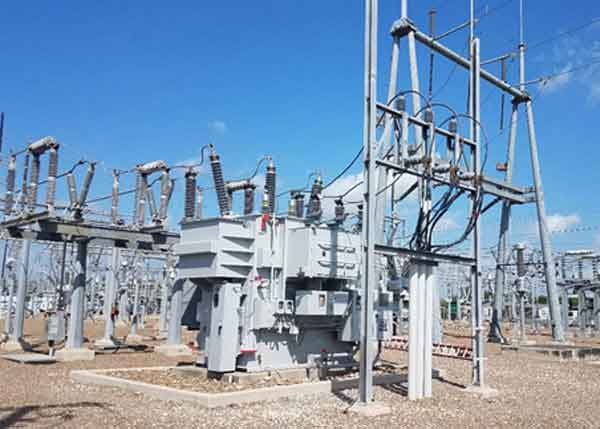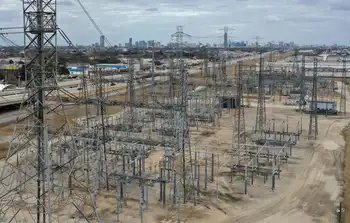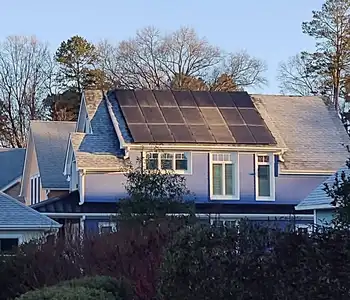Liberia cancels tax breaks for biomass firm
Under the agreement, Buchanan Renewable Energies, which supplies electricity generators in Britain and Europe with woodchips from dormant rubber trees, was awarded a complete tax waiver for three years, but the deal was not struck in accordance with Liberian law.
"That particular agreement is totally null and void," President Ellen Johnson Sirleaf told reporters. She said the entire agreement between Buchanan and Liberia would have to be renegotiated.
It was signed by the Chairman of the National Investment Commission, Richard Tolbert, and officials from the Finance and Justice Ministries, but not approved by parliament.
Lawmakers questioned Tolbert, who said his decision to grant the tax waiver was "an honest error."
Under Liberian law, any investment deal worth more than $10 million has to be ratified by parliament and subsequently signed by the president.
Buchanan Renewable Energies was not immediately available for comment.
The privately-owned company, based in Toronto, was established in 2007, and has most of its operations in Liberia.
Woodchips from the country's abundant supply of non-productive rubber trees can be burned alongside coal in existing power plants, the firm said on its website.
“As one of the few foreign investors and employers in Liberia, Buchanan derives government support for the economic and social benefits the company brings to the country," it said.
"Buchanan is also participating in necessary infrastructure development such as upgrades to the port, road and bridge repair and the development of a 0.5Mw 'point of use' electricity generation and transmission system," the site said.
Related News
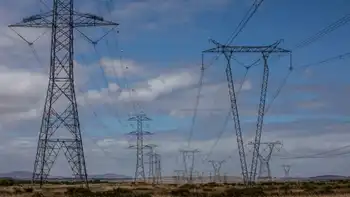
Prevent Summer Power Outages
WASHINGTON - As summer temperatures soar, millions of people across the United States face the grim prospect of electricity shutoffs due to unpaid bills. This predicament highlights a critical issue exacerbated by extreme weather conditions and economic disparities.
The Challenge of Summer Heatwaves
Summer heatwaves not only strain power grids but also intensify energy consumption as households and businesses crank up their air conditioning units. This surge in demand places considerable stress on utilities, particularly in regions unaccustomed to prolonged heatwaves or lacking adequate infrastructure to cope with increased loads.
Vulnerable Populations
The threat of electricity shutoffs disproportionately affects vulnerable…


